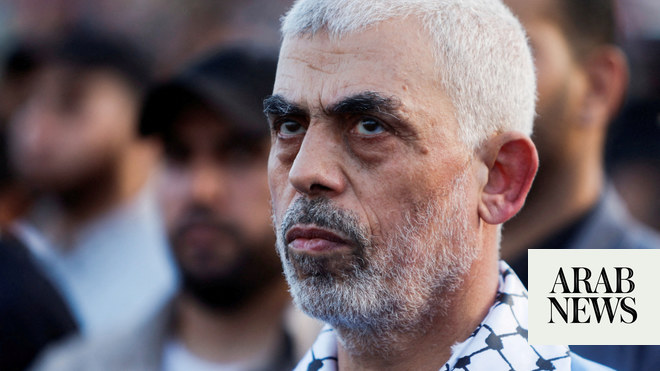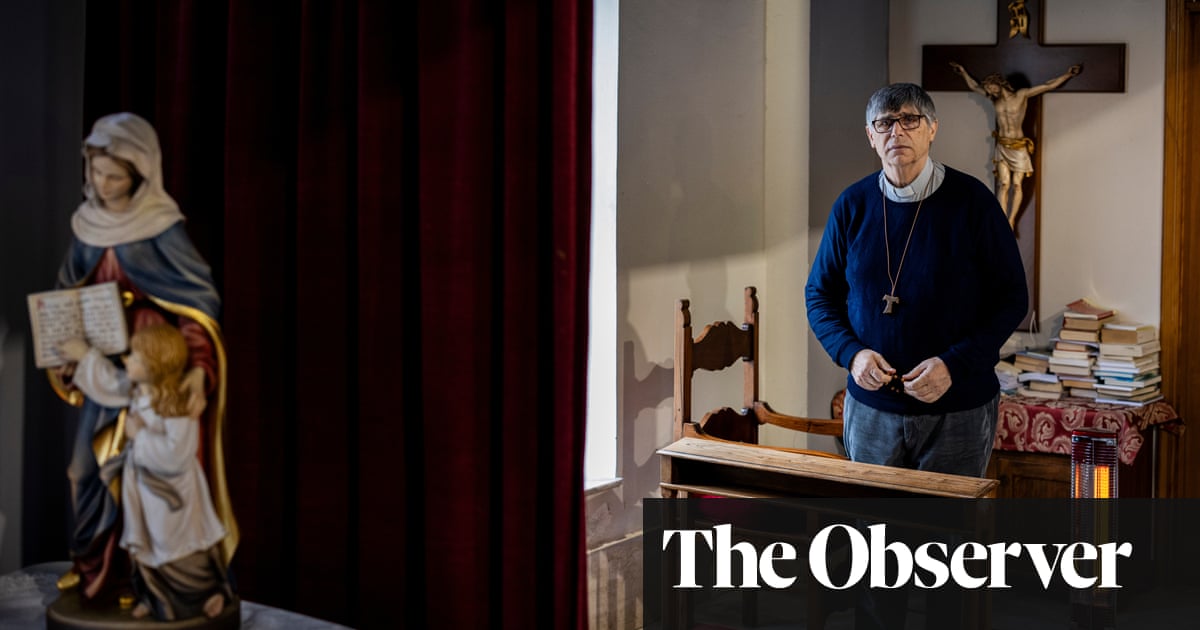
When the police started shooting at David Makara in his home town of Nyahururu, in Kenya, he ran before quickly collapsing. Two bullets had hit him – one in his right arm, one in his hip – but he only realised when he looked down and saw his hand dangling from his wrist and blood pouring out.
“I thought I was going to die,” he says.
Makara turned back to where the shots had come from to try to make it to the hospital, located opposite the police station. He collapsed again and lost consciousness. The police saw his body, assumed he was dead and left to get a van to take him to the mortuary. At that point, Makara regained consciousness and stumbled to the hospital, where he was admitted.
Earlier that day in December 2002, Makara had gone to collect some videos for his job showing films. Some police officers came out of a nearby bar where they had been drinking and arrested a man who said he was waiting for Makara. They then arrested Makara and put him in a van to take him to the police station. When they arrived, Makara bribed one of them to let him go but as he turned to leave, they started shooting.
Makara survived, but his arm was amputated. “I woke up the following morning to a bitter realisation that I was now a person with a disability. My right hand had gone.”
When the police realised that Makara was still alive, they went to the hospital, threatened the staff, handcuffed Makara to his bed, and charged him with a violent crime that could have put him in prison for life.
With little money, the thought of hiring a lawyer seemed impossible for Makara. But after his community protested in the streets against the charges, International Justice Mission, an organisation that protects people in poverty from violence, learned of the case and assigned him a lawyer, Victor Kamau, who is blind.
“I thought the situation was hopeless,” says Makara. “The police were preparing to file false charges against me. Now a blind lawyer was the one to represent me. I was devastated and could not see any hope in a blind lawyer getting me back my freedom.”
However, he was proved wrong. Kamau worked tirelessly to have the charges dropped and the police officers charged. Makara was so inspired by Kamau that he decided to study law. He learned to use his left hand to write and was admitted to the bar in 2017. Now, he represents marginalised communities and victims of violence. He also chairs the Kenyan chapter of the Global Survivor Network, an organisation of survivors of police brutality who advocate for justice and safer communities.
“I’m happy this event dropped into my life and not that of anyone else,” says Makara. “I praise God that I can stand before a judge in the defence of those who are going through violations. I remember when I was there on that hospital bed, I could not see any light in my life. I did not believe I would ever come out of jail.
“The police wanted to kill me, but through the support of other people, my life was saved. Today I am assisting others, just like I was assisted.”
Since qualifying as a lawyer four years ago, there are two cases of which he is particularly proud. One is ongoing and involves a woman who was attacked by the police after getting into a fight with an officer’s girlfriend. Two neighbours came to help her, and all three were arrested and charged with assaulting a police officer. He believes these are “trumped-up charges” and that he will win the case.
The second case involved a 30-year-old man who had gone to see his uncle in a slum area, in 2019. His cousins had been arguing and the noise had brought the police to the house. The man told the police the situation had been resolved but they assaulted him and broke his hand before arresting him and his uncle. Makara worked to secure their release from prison and the police officers were transferred.
Twenty years after Makara almost lost his own life, cases of police brutality are still rife in Kenya. In 2020, the Kenyan police killed 157 people, up from 144 the previous year, according to Missing Voices, a group of organisations investigating unlawful killings in Kenya.
Nevertheless, Makara remains hopeful about the future. The Kenya independent policing oversight authority has received and processed more than 18,000 complaints since it was established a decade ago. “This year we have seen police officers being arrested and convicted,” he says. “One was convicted to serve for 20 years. The situation is changing slowly.”
In the meantime, he will continue in his fight for justice for victims of police brutality. “My hand is a permanent reminder that violations are still there,” he says. “It’s like a walking stick I use to remind me and to direct me towards where violations are so I can try to soothe the pain of others.”












